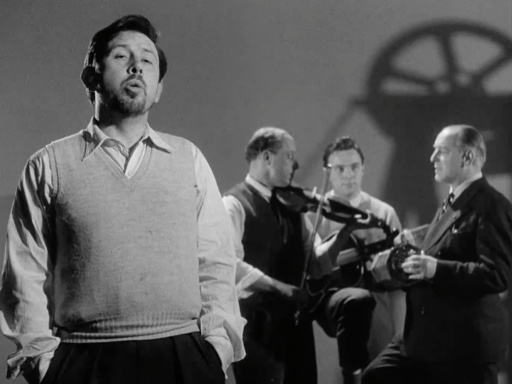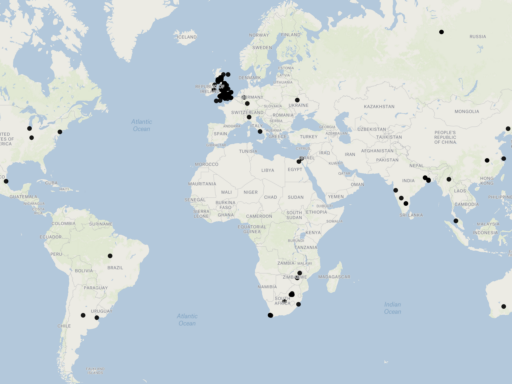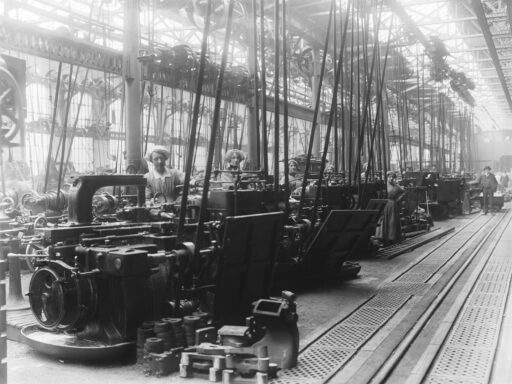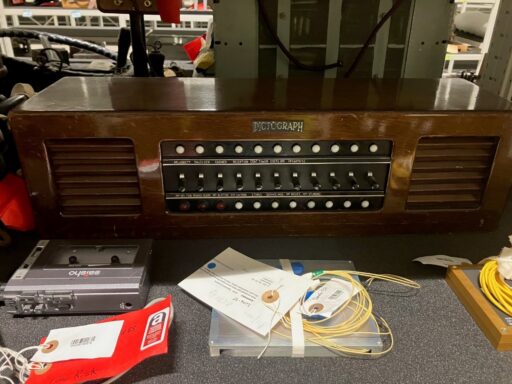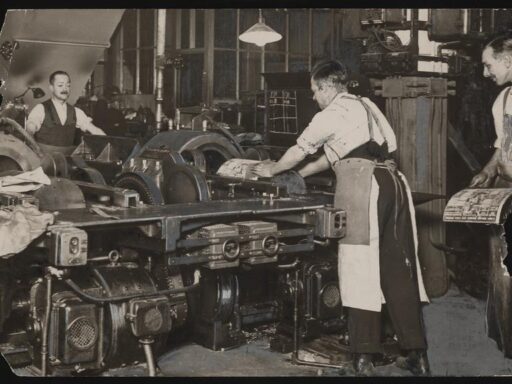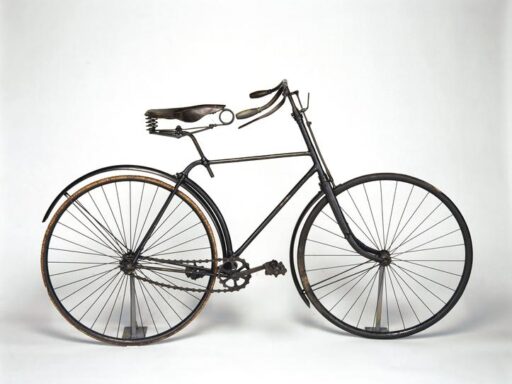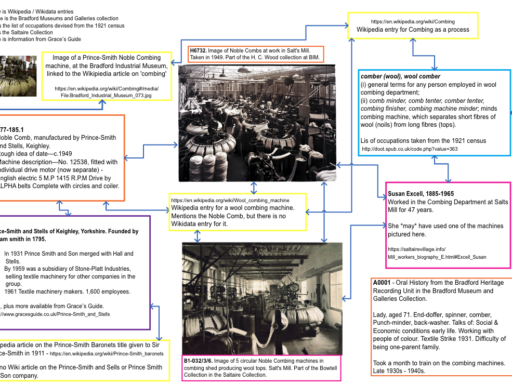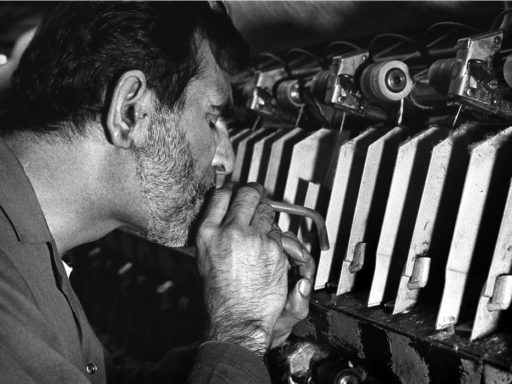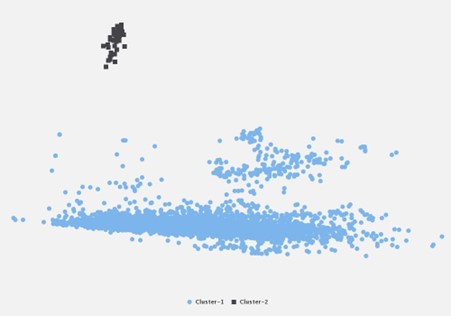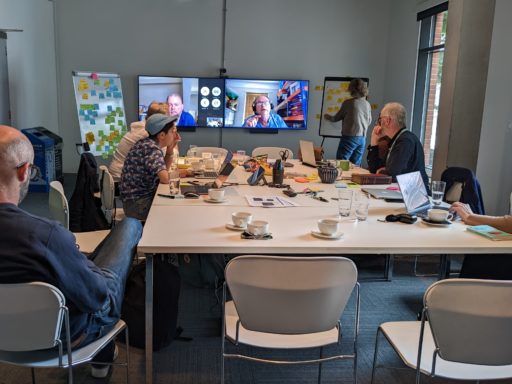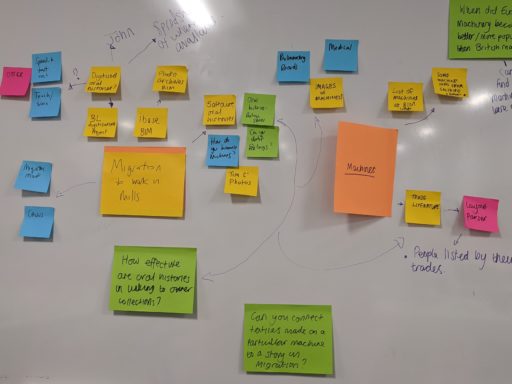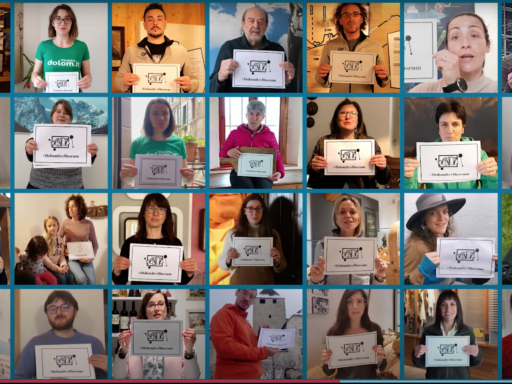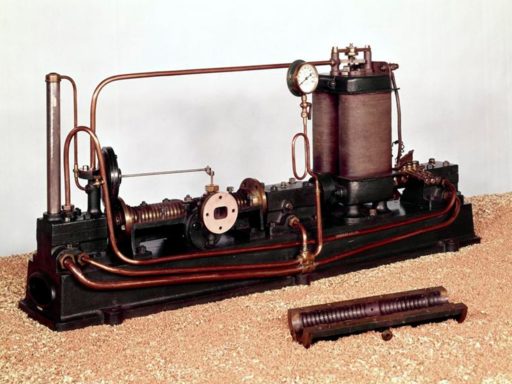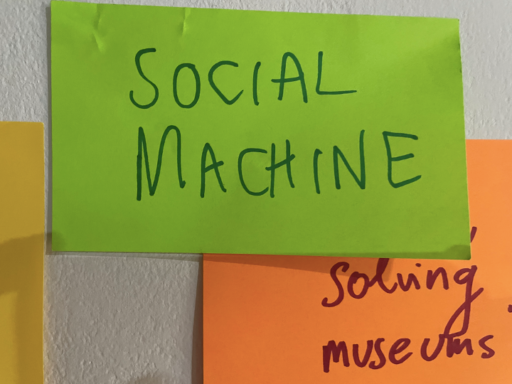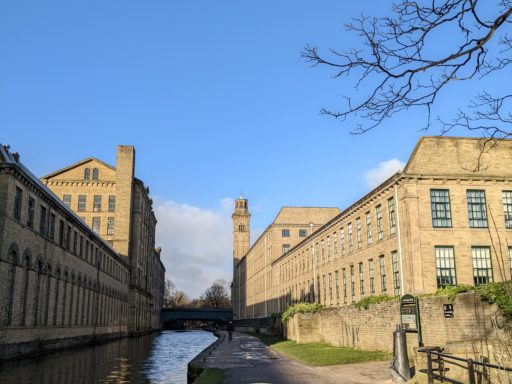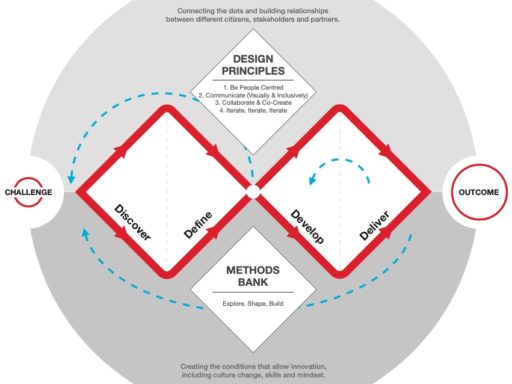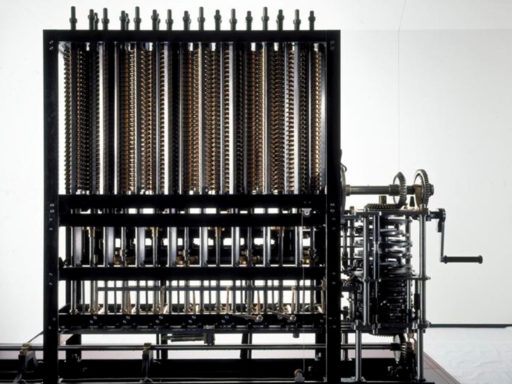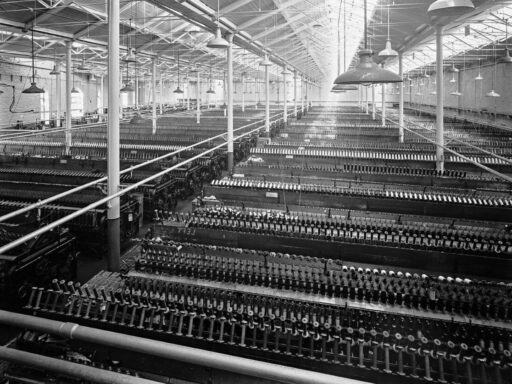
Congruence Engine in Bradford: Towards a local instance of the national collection social machine
Alex Fitzpatrick and Arran Rees When the Congruence Engine project was first launched in 2021, some of the earliest work was focused on Bradford. We held our opening conference between Salts Mill in Saltaire, and Lister Mill in Manningham, and spent time looking into the history of the textile industry that has ultimately shaped the city and surrounding areas. It was during this time that we first began thinking about the idea of a ‘social machine’, an idea that we […]
